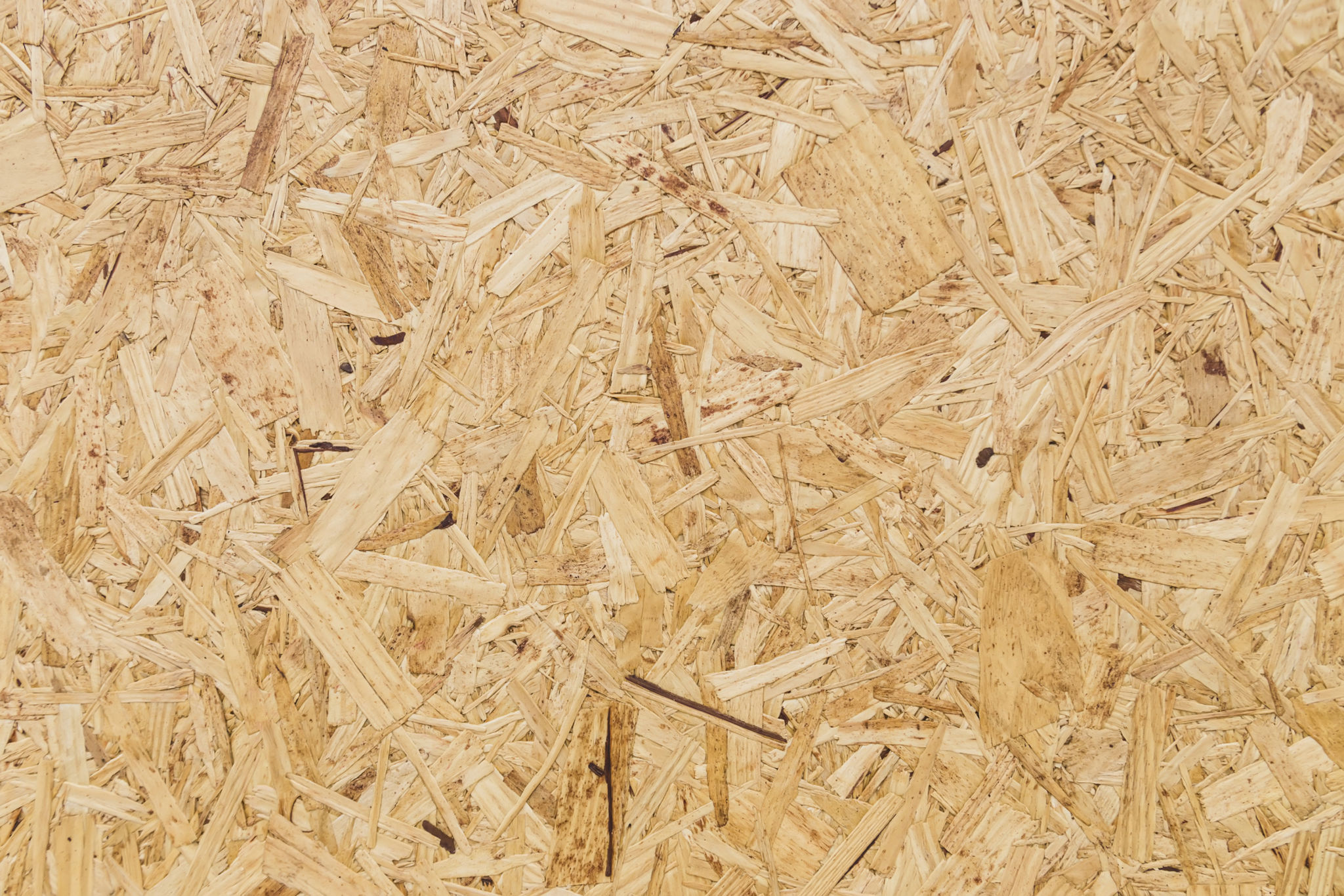Eco-Friendly Carpentry Solutions: Sustainable Practices in Townsville
Understanding Eco-Friendly Carpentry
As sustainability becomes increasingly important in our daily lives, the carpentry industry is evolving to embrace eco-friendly practices. In Townsville, carpenters are taking significant strides to ensure their work is not only beautiful and functional but also kind to the environment. This shift towards sustainable carpentry is paving the way for a greener future.
Eco-friendly carpentry involves using sustainable materials, minimizing waste, and employing environmentally conscious methods. Carpenters in Townsville are adopting these practices to reduce their carbon footprint and promote sustainable living. But what exactly does this entail?

Sourcing Sustainable Materials
One of the key aspects of eco-friendly carpentry is the use of sustainable materials. Carpenters are increasingly turning to certified wood, such as FSC-certified timber, which ensures that the wood is harvested responsibly. Additionally, reclaimed wood and bamboo are popular choices due to their minimal environmental impact and renewability.
The choice of materials not only affects the environment but also the quality and durability of the finished product. By opting for sustainable materials, carpenters in Townsville are contributing to the conservation of forests and reducing deforestation.
Innovative Techniques and Designs
Sustainable carpentry also involves innovative techniques that minimize waste and maximize resource efficiency. Carpenters are using precise cutting techniques to reduce offcuts and embracing modular designs that allow for easy disassembly and repurposing of materials.

Moreover, Townsville carpenters are incorporating energy-efficient designs into their projects. This includes using passive solar design principles that maximize natural light and ventilation, reducing the need for artificial heating and cooling.
Minimizing Waste
Reducing waste is a crucial component of eco-friendly carpentry. Carpenters are implementing waste reduction strategies such as recycling scrap materials and reusing offcuts. By doing so, they not only minimize the amount of waste sent to landfills but also reduce the need for new raw materials.
Composting sawdust and other organic waste is another practice gaining traction among Townsville carpenters. This not only prevents waste accumulation but also contributes to soil enrichment, promoting a circular economy.

Local Impact and Community Engagement
The move towards sustainable carpentry in Townsville has a positive impact on the local community. By sourcing materials locally, carpenters support local businesses and reduce transportation emissions. This strengthens the local economy while fostering a sense of community.
Furthermore, many carpenters in Townsville are engaging with the community to raise awareness about sustainable practices. Workshops and educational programs are being organized to inform residents about the benefits of eco-friendly carpentry and how they can implement similar practices in their homes.
The Future of Carpentry in Townsville
The future of carpentry in Townsville looks promising as more professionals commit to sustainable practices. With increasing awareness and demand for eco-friendly solutions, carpenters are well-positioned to lead the way in promoting environmental responsibility.
As Townsville continues to grow, the integration of eco-friendly carpentry solutions will play a vital role in shaping a sustainable and thriving community. By choosing green practices today, we are investing in a better tomorrow for generations to come.
